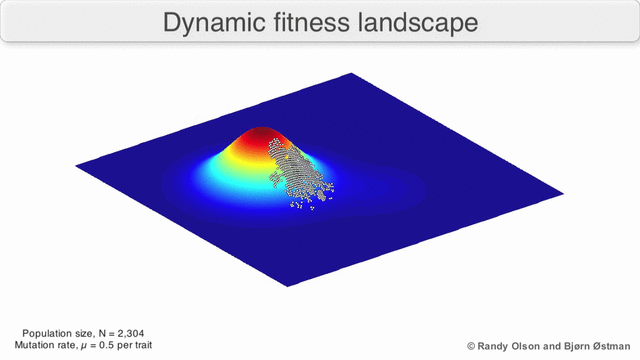“Effects on travel and tourism, hospitality, entertainment, retail, aerospace and even the automotive industry [Moi ici: Turismo, aviação e automóvel. Nos primeiros 5 meses de 2019 o sector aeronáutico aumentava as exportações em 70%, o automóvel em 17% e o turismo batia recordes por cá]The ways in which consumers interact with each other as well as what and how they consume have been significantly affected by the pandemic. Consequently, the ensuing reset in different industries will vary fundamentally depending on the nature of the economic transaction involved. In those industries where consumers transact socially and in person, the first months and possibly years of the post-pandemic era will be much tougher than for those where the transaction can be at a greater physical distance or even virtual. In modern economies, a large amount of what we consume happens through social interaction: travel and vacations, bars and restaurants, sporting events and retail, cinemas and theatres, concerts and festivals, conventions and conferences, museums and libraries, education: they all correspond to social forms of consumption that represent a significant portion of total economic activity and employment (services represent about 80% of total jobs in the US, most of which are “social” by nature). [Moi ici: 80% nos Estados Unidos!!! Quanto será por cá?]...Industries that have social interaction at their core have been hit the hardest by the lockdowns. Among them are many sectors that add up to a very significant proportion of total economic activity and employment: travel and tourism, leisure, sport, events and entertainment. For months and possibly years, they will be forced to operate at reduced capacity, hit by the double whammy of fears about the virus restraining consumption and the imposition of regulations aimed at countering these fears by creating more physical space between consumers....In many of these industries, but particularly in hospitality and retail, small businesses will suffer disproportionately, having to walk a very fine line between surviving the closures imposed by the lockdowns (or sharply reduced business) and bankruptcy. Operating at reduced capacity with even tighter margins means that many will not survive. The fallout from their failure will have hard-felt ramifications both for national economies and local communities. Small businesses are the main engine of employment growth and account in most advanced economies for half of all private-sector jobs. If significant numbers of them go to the wall, if there are fewer shops, restaurants and bars in a particular neighbourhood, the whole community will be impacted as unemployment rises and demand dries up, setting in motion a vicious and downward spiral and affecting ever greater numbers of small businesses in a particular community."
terça-feira, julho 21, 2020
Torrar dinheiro em hidrogénio e outras cenas não me assiste
Esta manhã durante a minha caminhada matinal li algo que veio ajudar a dar corpo a um sentimento acerca do que penso sobre os milhões da UE.
Pessoalmente sou um frugal, primeiro por educação familiar e, segundo por querer ser independente. Quando se tem um negócio por conta própria acredito que se deve ser fail-safe porque é impossível ser safe-fail, sobretudo numa economia socialista.
Na semana passada ouvia o comentário de Camilo Lourenço no FB sobre a importância da condicionalidade associada aos dinheiros da UE para evitar a sua má aplicação, para minimizar #famiglia e #ComPrimos. Ouvia Camilo Lourenço e pensava:
- Mas alguém sabe como aplicar o dinheiro?
Lembram-se do dinheiro europeu aplicado em Portugal no primeiro mandato de Cavaco? Quanto desse dinheiro poderia ter sido validado como bem aplicado, para depois não valer de nada porque o mundo mudou.
Recordar:
Quando o mundo muda, o que era verdade passa a mentira e vice-versa.
O que é que eu li esta manhã? Isto:
Acreditar em planos de iluminados, de esquerda ou de direita, seria um sacrilégio para um fanático como eu, segundo o ministro (por ter votado Iniciativa Liberal) por acreditar no "Deixem as empresas morrer". Então, o que fazer com o dinheiro da UE? Eu não decidiria o que é melhor ou pior, eu usaria o dinheiro para baixar impostos, para baixar as barreiras à entrada de quem se quer estabelecer em Portugal, seja nacional ou estrangeiro.
Torrar dinheiro em hidrogénio e outras cenas não me assiste.
Trechos retirados de “COVID-19: The Great Reset” de Klaus Schwab.
Subscrever:
Enviar feedback (Atom)


%2006.21.jpeg)













Sem comentários:
Enviar um comentário